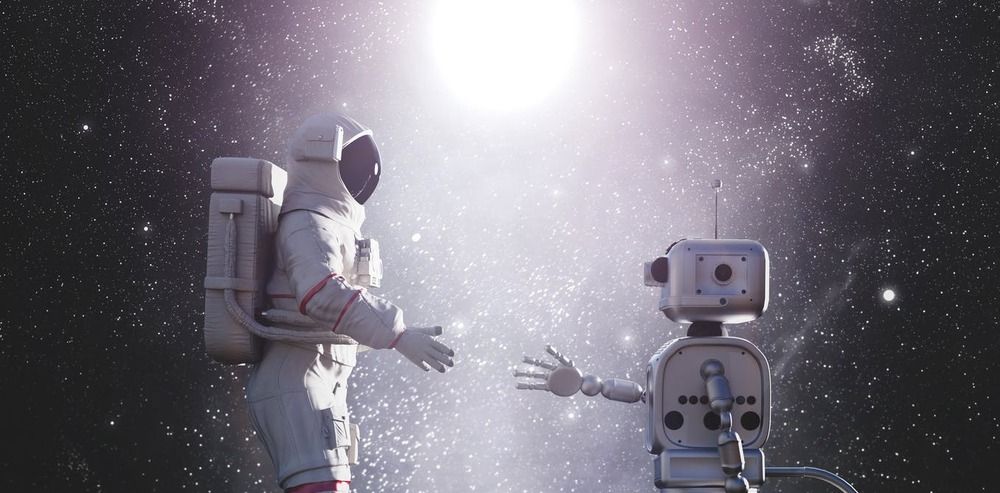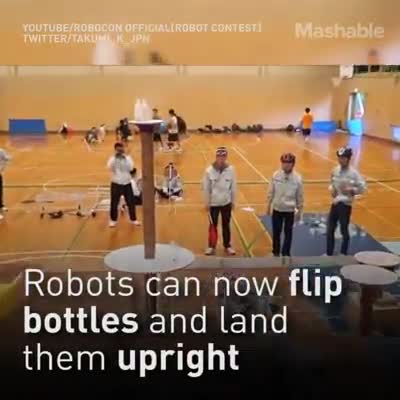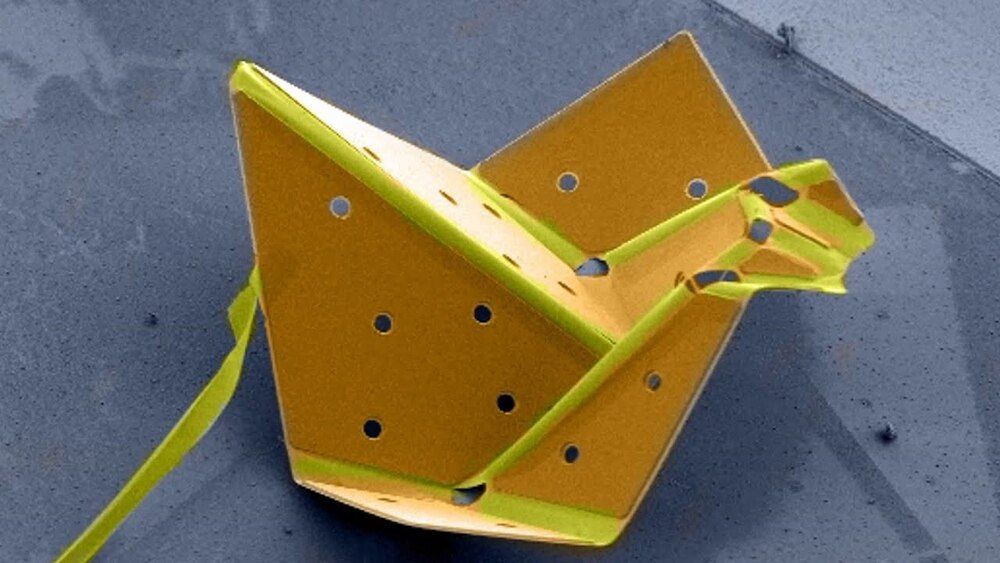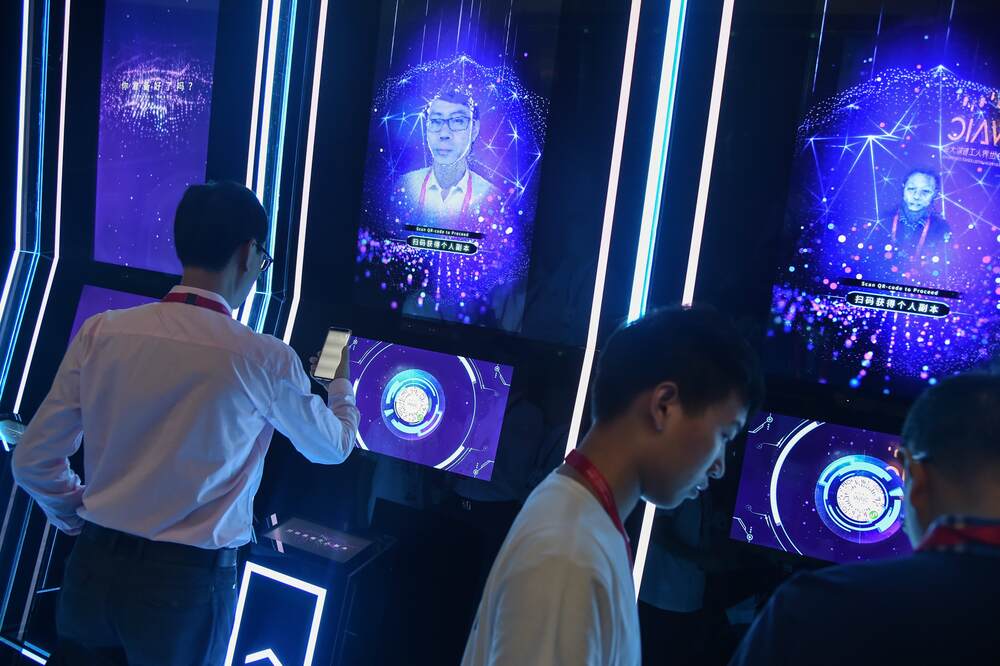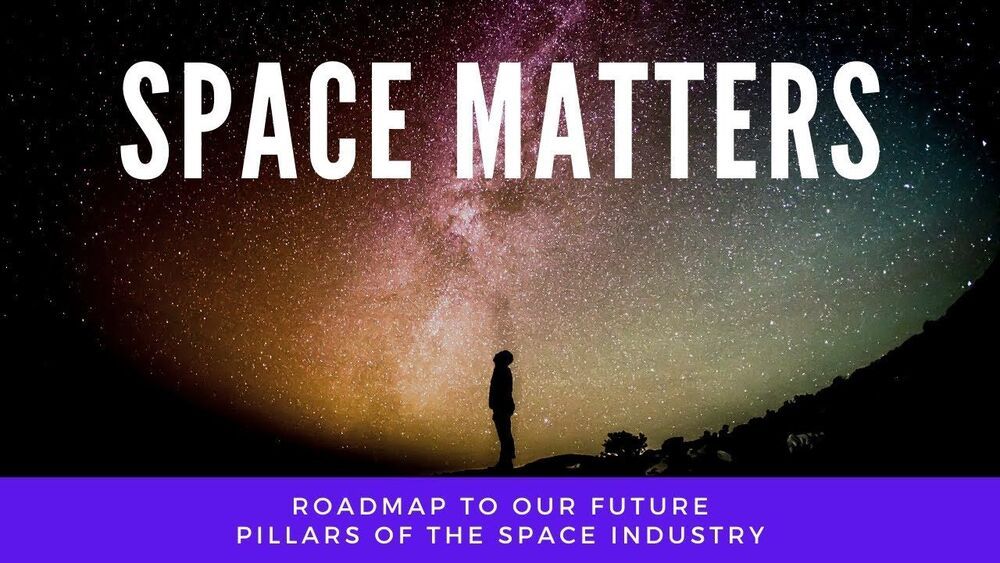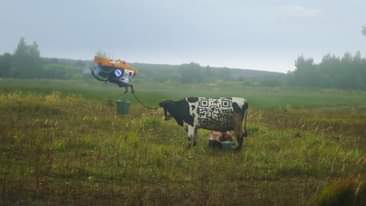Do humans really have to go into space?
Artificial intelligence has been making waves in recent years, enabling us to solve problems faster than traditional computing could ever allow. Recently, for example, Google’s artificial intelligence subsidiary DeepMind developed AlphaFold2, a program which solved the protein-folding problem. This is a problem which has had baffled scientists for 50 years.
Advances in AI have allowed us to make progress in all kinds of disciplines – and these are not limited to applications on this planet. From designing missions to clearing Earth’s orbit of junk, here are a few ways artificial intelligence can help us venture further in space.
Do you remember Tars and Case, the assistant robots from the film Interstellar? While these robots don’t exist yet for real space missions, researchers are working towards something similar, creating intelligent assistants to help astronauts. These AI-based assistants, even though they may not look as fancy as those in the movies, could be incredibly useful to space exploration.
